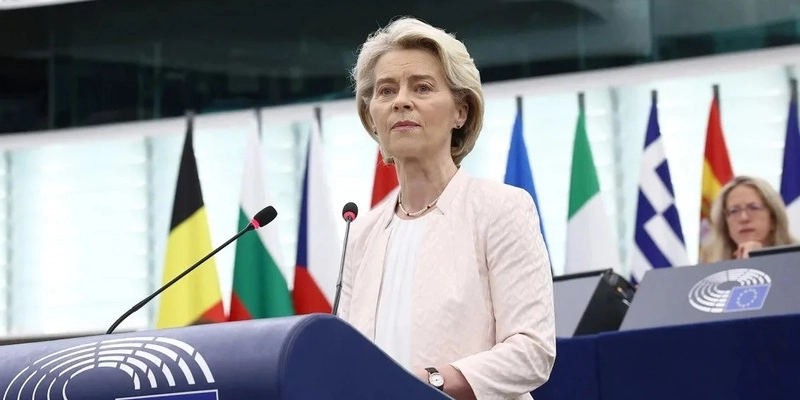After gaining market share in their home countries, many eMobility companies decide to expand into new locations.
However, to do so, they must not only familiarise themselves with regulations but also understand how the local transition operates.
Although sustainable transport transformation is one of the key pillars of the European Green Deal, firms operating transnationally still have to navigate a highly varied regulatory landscape.

“European unification has not yet been fully achieved in the mobility sector,” notes Dr. Christian Milan, founder and CEO of M3E.
He emphasises: “Too many and too diverse regulations hinder companies from responding flexibly to rapidly changing requirements.”
Moreover, besides European regulations, there are also national decrees that vary significantly from country to country, especially due to differences in the adoption of electric vehicles (EVs) in each region.
The magnitude of this regulatory tsunami can significantly impact companies operating across multiple jurisdictions, resulting in higher operational costs and potential delays in project implementation.
The recent M3E Policy Report “Sustainable Mobility” – Europe 2024 highlights this issue.
The Berlin-based consultancy has gathered information on the regulatory mosaic facing companies across the 27 EU member states, Switzerland, Norway, and the United Kingdom.
This guide, designed to “untangle the European regulatory jungle,” highlights how the lack of common policies is affecting the transition to sustainable mobility on the continent.
For example, in Italy, the number of cities with Low Emission Zones exceeds that of Germany.
In contrast, Norway offers a notable tax incentive by exempting VAT on the first NOK 500,000 of the purchase price of an electric car, while Estonia remains the only EU country without tax privileges for EVs.
And this continues.
Poland’s new decarbonisation strategy sets an ambitious target of registering 1.46 million electric and plug-in hybrid vehicles by 2030, but lacks a clear framework on how to achieve this.
These contrasts demonstrate how policies can vary greatly, making planning and investment a challenge.
In this regard, Daniel Yanev, Consultant and Leader of the European Grant Database Team at M3E, states:
“The lack of harmonised regulation at the European level creates uncertainty and may limit companies’ ability to respond agilely to market changes.”
What solution does the M3E Policy Report “Sustainable Mobility” offer?
This report, available in German, English, French, and Spanish, provides a detailed overview of non-monetary incentives, positive and negative fiscal measures, and other key regulations.
It also includes recommendations tailored to the specific needs of each company, allowing for more precise strategic planning.
For companies operating in multiple countries, this tool is essential for decision-making and long-term planning.
How exactly does it help? By facilitating a deeper understanding of the regulatory landscape, enabling the identification of incentive opportunities, and helping to avoid legal risks.
“The existing challenges have the potential to turn into opportunities,” asserts Dr. Milan.
It is worth noting that in the report, the term “policy” encompasses all legislation, regulations, and guidelines at the supranational, national, and regional levels within the EU, as well as in the individual states mentioned.
Consequently, it not only covers the funding landscape but also addresses positive and negative fiscal measures, positive non-monetary incentives, restrictive and negative measures, among other regulations.
It will be updated annually from this first edition.
To this end, M3E has implemented a structured process that includes regular monitoring of legislative developments and political decisions that could impact its content.
Although the document will be published every year, significant changes will be communicated immediately to all subscribers.
About M3E
Founded in 2019 and based in Berlin, the consultancy operates internationally and is divided into two complementary areas.
It offers a wide range of electronic consulting services, enabling clients to transition swiftly and effectively to electromobility.
Furthermore, it develops comprehensive digital solutions, which are used for both its own consulting services and for external clients.

M3E has created one of the most extensive databases of funding for eMobility in the European market, assisting companies and municipalities in implementing sustainable and cost-effective mobility solutions.
It also supports the development of energy infrastructure.
In addition to collaborating on the installation of charging infrastructure and the electrification of fleets, the firm manages funding applications and greenhouse gas (GHG) quotas.
Its latest service is the “Funding Alert,” an automatic notification system that informs companies about the launch of funding programmes or relevant calls.
Among M3E’s clients are prominent car manufacturers, fleet managers, suppliers, energy companies, and private electric vehicle users.








